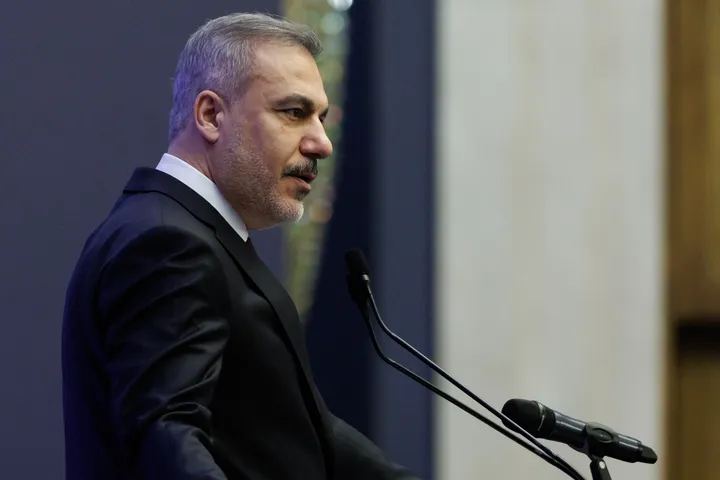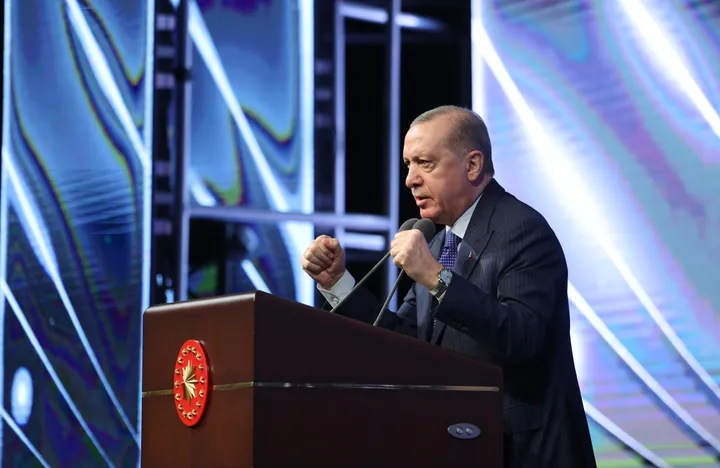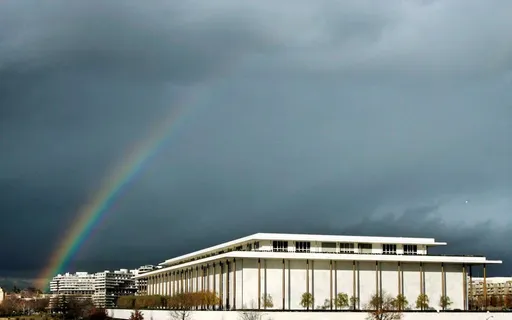Turkey's president has dismissed allegations of $128 billion deficit in the Central Bank's foreign exchange reserves, calling them inaccurate and criticising a "campaign pursued over this figure."
"Neither the number is true, nor the meaning attributed to the number, nor the campaign pursued over this figure. Wrong from beginning to end. Ignorance from beginning to end," Recep Tayyip Erdogan said on Wednesday at the parliamentary group meeting of his governing Justice and Development (AK) Party.
During his address in the capital Ankara, Erdogan said the reserves were neither given away to anyone nor wasted.
Erdogan said that developments in the global economy in 2019 and 2020 forced the Central Bank to make significant foreign exchange transactions.
"Especially 2020 was a tough year both for the world and Turkey," he said.
READ MORE: Turkey unveils Economic Reform Action Plan
Covid-19 impact
Financial measures taken by various countries to fight the novel coronavirus pandemic totaled $16 trillion and budget expansions by central banks reached $10 trillion, Erdogan underlined.
"This turbulent economic climate affected our country negatively, for sure," he noted, adding that the country's current deficit had widened while its income from tourism slipped.
Demand for foreign currencies rose during this period, driven by foreign capital outflows and the real sector's efforts to reduce its debts in foreign currencies.
Tendencies among people to convert their savings into foreign currencies and gold also created additional demand, he said.
"During the last two years, $30 billion from the sources of the Central Bank were used to finance the current deficit," Erdogan stressed, adding that foreign capital outflows had reached $31 billion.
Demand for foreign exchange
He added that the demand of the real sector for foreign exchange to pay off their debts amounted to $50 billion, while regular people bought $54 billion worth of foreign currencies and gold as savings.
"As you can see, only four items yielded a figure of $165 billion," the president underlined, adding that this amount was used to finance the current deficit, real sector debt, foreign capital outflows and public needs.
He said that the reserves used in meeting the demand of all parties for transactions that require foreign currency, from importers to investors, the real sector to the public.
"For a long time, our Central Bank hasn't been making these transactions through auctions, but through the market-maker banks working on a 24-hour basis to avoid midnight operations towards our country in Asian markets."
If the Turkish Central Bank had not met the demand for foreign exchange without hesitation, the situation would be far worse, Erdogan said, citing Turkey's economic crises of 1994 and 2001, he added.
READ MORE:Erdogan: Turkey plans to offer domestic vaccine to all humanity
























